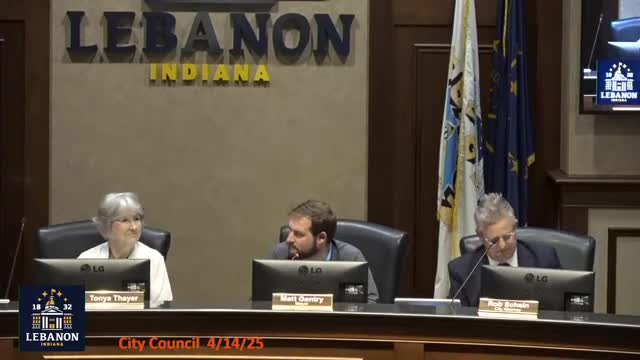Article not found
This article is no longer available. But don't worry—we've gathered other articles that discuss the same topic.
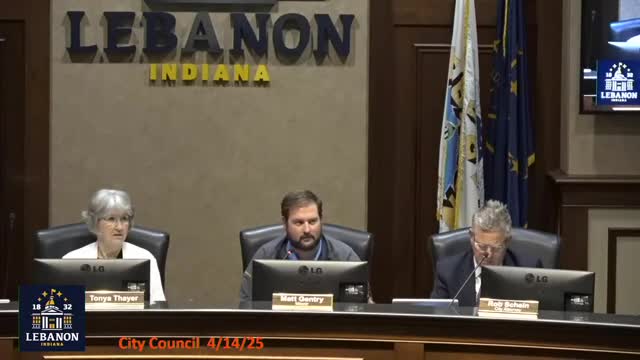
Council approves $40,000 appropriation for replacement generator at Station 12
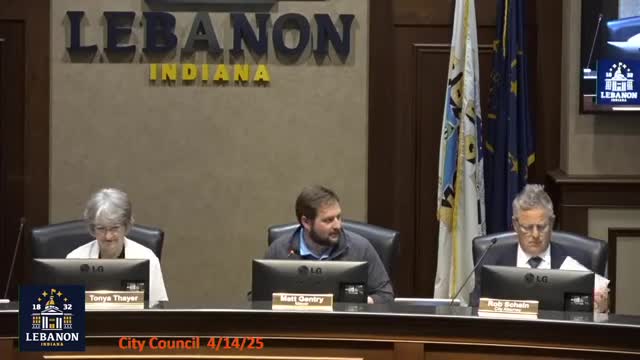
Consultant presents TIF annual report; commissioners and staff say full fund-level data is available
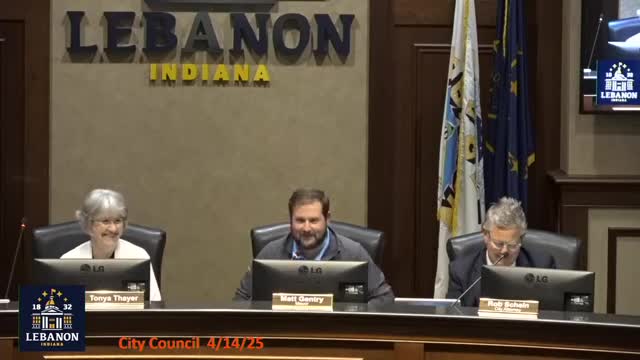
Council grants $1,500 from food-and-beverage fund to Black Box Theater Company
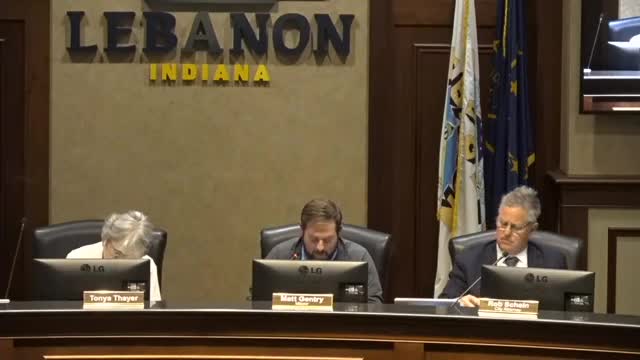
Council tables downtown pedestrian-alley ordinance after business owners and Heart of Lebanon clash over dumpsters and access
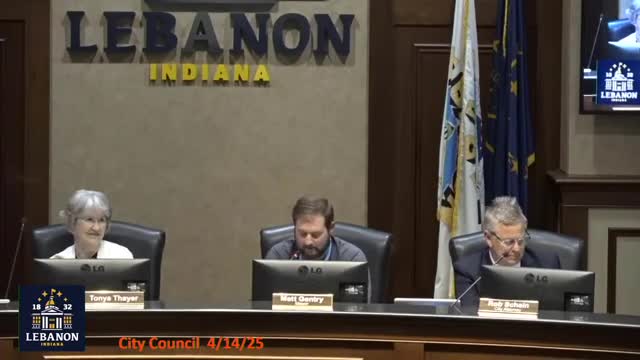
Council approves Spring Creek PUD amendment to replace duplex lots with detached homes
